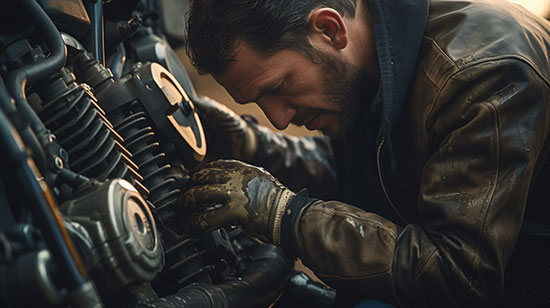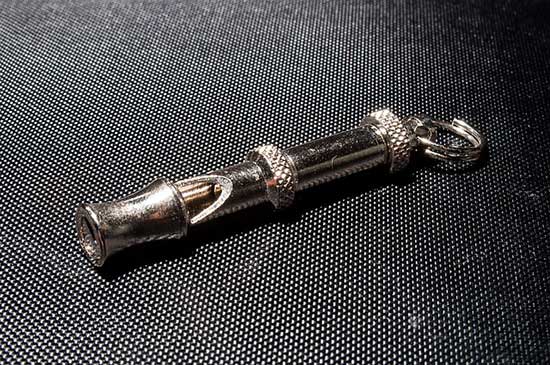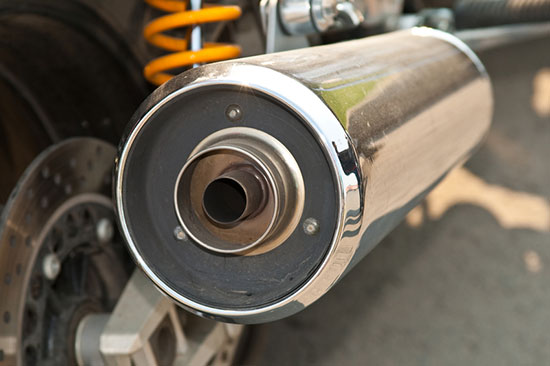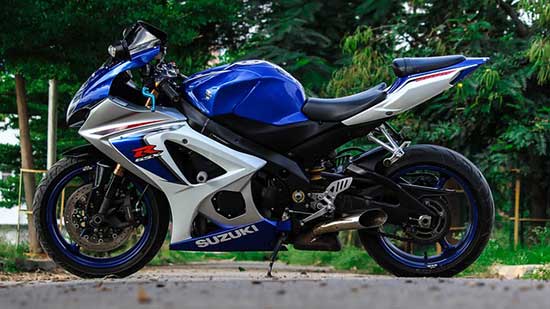Are you interested in riding a motorcycle, but don’t have a license or don’t want to go through the process of obtaining one?
You may be surprised to learn that there are some options available for those who wish to ride motorcycles without a license.
Let’s explore the legality of riding without a license, the types of motorcycles that can be ridden without a license, the benefits of these license-free motorcycles, and important safety considerations.
Contents
The Legality of Riding Without a License
Consequences of Riding Without a License
Riding a motorcycle without a valid license can result in various consequences, such as fines, penalties, and even the impoundment of your motorcycle.
In some cases, depending on the state and local laws, you may even face jail time. It’s essential to understand the rules and regulations in your area before attempting to ride without a license.
States Allowing Motorcycles Without License
Some states do allow certain types of motorcycles to be ridden without a license, usually with specific restrictions such as engine size, top speed, or weight.
It’s crucial to research your state’s laws to determine if any motorcycles are permitted without a license and what the requirements are.
Types of Motorcycles Without License
There are several types of motorcycles that can be ridden without a license, depending on local laws and regulations. Some common examples include:
Mopeds
Mopeds are low-powered, lightweight motorcycles designed for short trips and city commuting. They usually have a small engine (50cc or less) and are limited in speed (typically around 30 mph). Some states allow mopeds to be ridden without a license or with just a standard driver’s license.
Electric Bikes
Electric bikes, also known as e-bikes, are bicycles equipped with an electric motor to assist with pedaling.
Some e-bikes can reach speeds of up to 28 mph and don’t require a motorcycle license to operate in most states.
However, there might be some restrictions on where they can be ridden and the maximum power output of the motor.
Scooters
Scooters are another type of low-powered, lightweight motorcycle that can be ridden without a license in some states.
Like mopeds, they typically have small engines (50cc or less) and are limited in speed (usually around 30 mph). Depending on the state, scooters may require a standard driver’s license or no license at all.
Benefits of Riding License-Free Motorcycles
There are several advantages to riding motorcycles that don’t require a license, including:
Convenience
For those who don’t want to undergo the process of obtaining a motorcycle license, license-free motorcycles offer a convenient alternative. This can save time and effort while still allowing you to enjoy the thrill of riding.
Environmentally Friendly
Many license-free motorcycles, such as e-bikes and some scooters, are powered by electric motors, making them more environmentally friendly than traditional gas-powered motorcycles. These vehicles produce fewer emissions, helping to reduce air pollution.
Cost-Effective
Motorcycles without a license tend to be more affordable than traditional motorcycles, both in terms of the initial purchase price and ongoing costs. Insurance, registration, and maintenance expenses are generally lower for these types of vehicles.
Safety Considerations
While riding a motorcycle without a license can be an appealing option, it’s crucial to prioritize safety when operating any motorized vehicle. Some essential safety considerations include:
Personal Protective Equipment
Wearing proper personal protective equipment (PPE) is crucial when riding any motorcycle. This includes a helmet, gloves, eye protection, and appropriate clothing to minimize the risk of injury in the event of an accident.
Obeying Traffic Laws
Even if you’re riding a motorcycle without a license, it’s essential to obey all traffic laws and regulations. This includes adhering to posted speed limits, yielding to pedestrians, and following all road signs and signals.
Conclusion
Motorcycles without a license can be an attractive option for those who want to enjoy the benefits of riding without going through the process of obtaining a motorcycle license.
However, it’s essential to understand the legal requirements and restrictions in your area, prioritize safety, and choose the right type of motorcycle for your needs.
By following these guidelines, you can experience the thrill of riding while staying safe and within the bounds of the law.
FAQs
- Can I ride any motorcycle without a license?
No, not all motorcycles can be ridden without a license. Only specific types of low-powered motorcycles, such as mopeds, e-bikes, and scooters, may be allowed without a license, depending on your state’s regulations.
- Are motorcycles without a license legal in every state?
No, the legality of riding a motorcycle without a license varies from state to state. It’s essential to research the laws in your area to determine what types of motorcycles are allowed and any restrictions that may apply.
- Is it safe to ride a motorcycle without a license?
Safety should always be a top priority when riding any motorcycle. If you choose to ride a motorcycle without a license, make sure to wear appropriate personal protective equipment, obey traffic laws, and select a motorcycle suitable for your skill level and experience.
- Do I need insurance for a motorcycle without a license?
Insurance requirements vary by state and the type of motorcycle. In some cases, license-free motorcycles may require insurance, while in other cases, insurance may not be mandatory. It’s essential to check your state’s insurance requirements before riding.
- What is the top speed of motorcycles that can be ridden without a license?
The top speed of motorcycles that can be ridden without a license generally ranges from 20 to 30 mph, depending on the type of motorcycle and local regulations. Some states may impose specific speed limits for license-free motorcycles, so it’s essential to familiarize yourself with your state’s laws.






